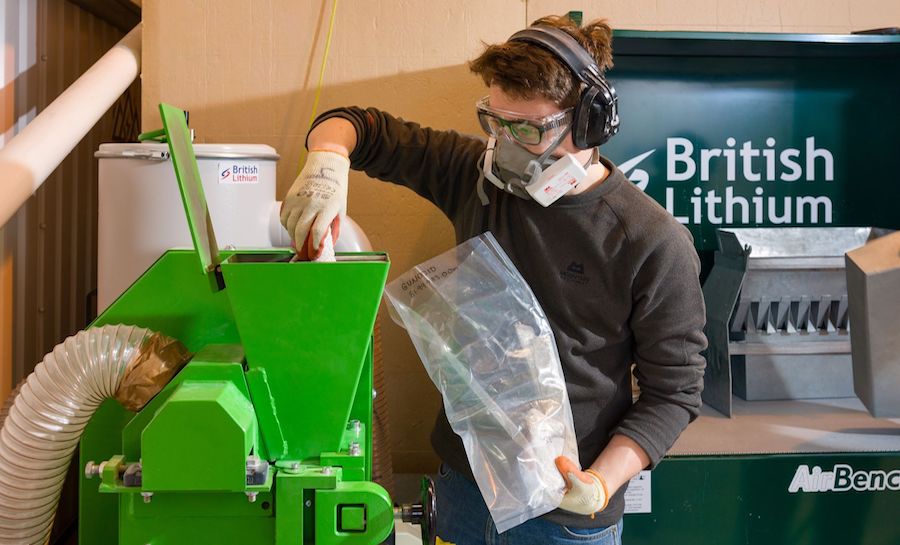
The news come on the heels of an integrated review launched on March 16 by Boris Johnson’s government that sets the goals of prioritizing the transition to a zero-carbon global economy, as well as exploring opportunities around domestic extraction and processing of critical minerals.
The vision of a “Global Britain” includes incentives to recovery, recycling and reuse of critical minerals to establish a viable circular economy, particularly lithium.
“This will put Cornwall at the heart of our national future industrial strategy and attract the investment and well-paid jobs Cornwall needs,” Steve Double, the Member of Parliament for St Austell and Newquay said about the announcement.
“I know the Prime Minister shares my ambition that the G7 will leave a lasting economic legacy for the people of Cornwall, so to that end, and in light of the recent progress made on lithium extraction, would he work with me to secure a gigafactory for Cornwall,” Double added.
British Lithium says its Li-Sep technology concentrates the lithium-mica that occurs in granite without the use of harmful chemicals, before extracting it. The process is said to generate minimum carbon emissions and waste.
The company first started drilling for lithium in Cornwall in early 2019, with its fourth and largest drilling campaign kicked off last month. The miner plans to move onto full scale production of 21,000 mt/year of lithium carbonate in three to five years’ time.
Lithium hot spot
British Lithium is not the only UK miner planning to mine lithium in Cornwall. Cornish Lithium has plans to extract the battery metal from geothermal water across the north and south coasts of Cornwall.
Cornish’s £4 million ($5.4m) project will trial direct lithium extraction (DLE) technology, which removes dissolved lithium compounds from water without the need for the large evaporation ponds, such as those used in South America’s salt flats.
Figures released by the UK Society of Motor Manufacturers and Traders in January, the local industry body, showed new car sales in the country fell by almost 30% to 1.63 million in 2020, the toughest year for the market since 1992.
UK carmakers have three years to source local electric car batteries, following the Brexit free trade deal inked last year. Under the agreement, all European trade in cars and parts will continue to be free of tariffs or quotas after the Brexit transition period ended on December 31, as long as they contain enough content from either UK or EU factories.
Batteries will at first be allowed to have up to 70% of materials from countries outside the EU or the UK. From 2024 onwards, however, that requirement will tighten to 50%.




